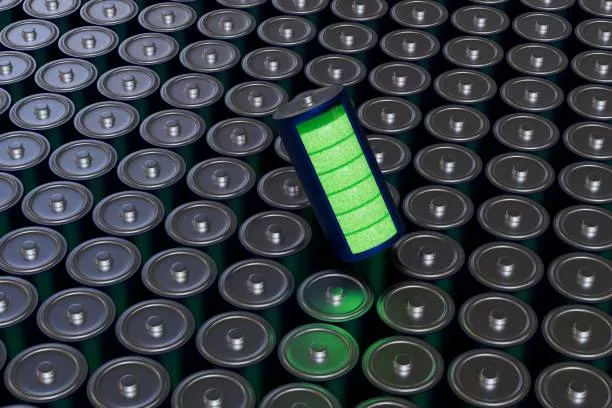The European Union is steadfast in its pursuit of domestic manufacturing growth for technologies that support a net-zero emissions future. However, this ambition stands in stark contrast to the economic prowess of China, which continues to lead the global clean tech landscape by a significant margin.
Financial Leap in Clean Technology
Investments in green technology such as solar energy, wind turbines, and batteries have risen dramatically, with China investing an overwhelming majority at 70% above global figures. As per the International Energy Agency‘s recent examination, this surge hints at China’s accelerating advancement in the sector of sustainable technology.
China’s Manufacturing Supremacy
China is not only hosting a predominant share of the world’s solar photovoltaic modules and batteries—it’s also the top exporter of electric vehicle batteries. The Asian nation almost singularly dominates the market for critical battery components, indicative of its pivotal role in the electric vehicle and energy storage system industries.
EU and US in the Global Battery Production Landscape
In comparison to China’s domination, both the European Union and the United States maintain a meager 5% of the global battery production capacity. Projections from the International Energy Agency suggest that when combined, the capacity held by China, the EU, and the US will maintain a stronghold of over 90% until at least 2030.
Cost Differences in Manufacturing
Key factors such as lower labor costs and government subsidies contribute to China’s lead in manufacturing competitiveness. Establishing a production plant for batteries, wind, or solar PV is considerably costlier in Western regions than in China, resulting in significantly reduced costs for solar PV modules within Chinese borders.
EU’s Political Reactions to China’s Dominance
Ursula von der Leyen, President of the European Commission, highlighted imbalances in market access, state-induced overcapacity, and dependency issues during talks with Chinese President Xi Jinping—a conversation which underscores the growing concerns surrounding Europe’s industrial position.
Global Disparity in Clean Tech Investments
According to IEA’s Fatih Birol, a more uniform distribution of investments in clean technology is required, with industry advocates calling for a deconcentration of the solar PV manufacturing sector. Overconcentration in one area presents risks and could lead to market instability as evidenced by the surplus of solar panels.
European Voices on Increasing Manufacturing Capacity
European visionaries like Jules Besnainou of Cleantech for Europe reflect on the EU’s capabilities in scaling clean tech manufacturing, urging for intensified efforts to retain technology leadership and maximize the impact of public investments.
A Legislative Push for Independence
MEP Christophe Grudler emphasizes the need for the EU to decrease reliance on China for strategic technologies. Legislations like the Net-Zero Industry Act (NZIA) are envisioned to boost European production and counteract unfair advantages. Grudler proposes an extension of the carbon border adjustment mechanism to finished products and a more critical stance towards China’s economic influence.
Confronting the disparities and competitive challenges, the EU is navigating through a phase of economic assertiveness to secure its own sustainable future in the realm of clean technologies, as it looks to bridge the gap with China’s manufacturing juggernaut.


























